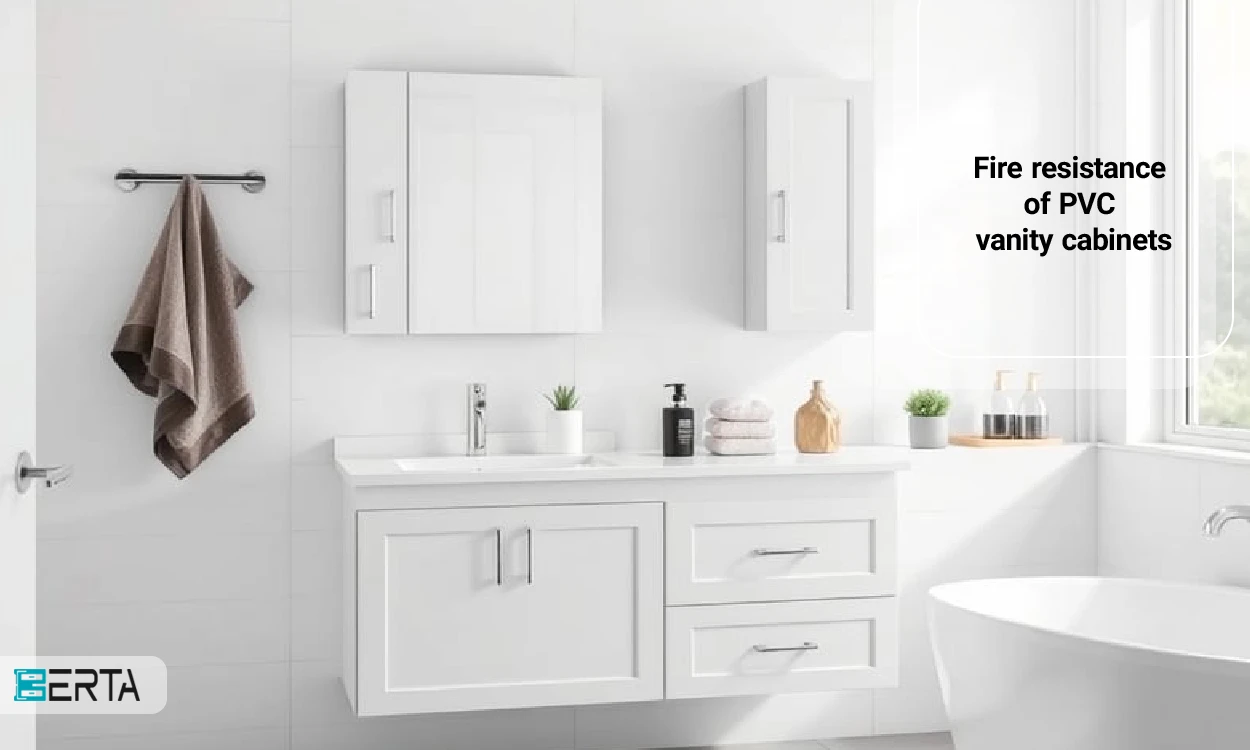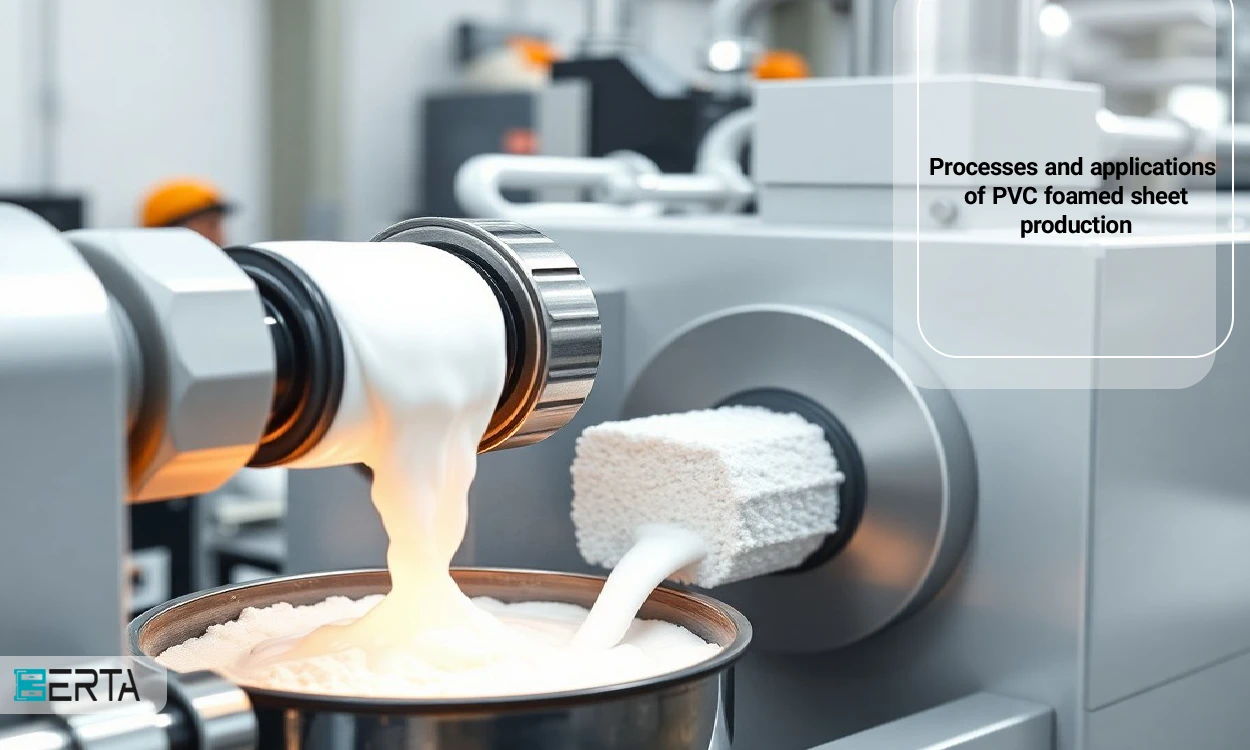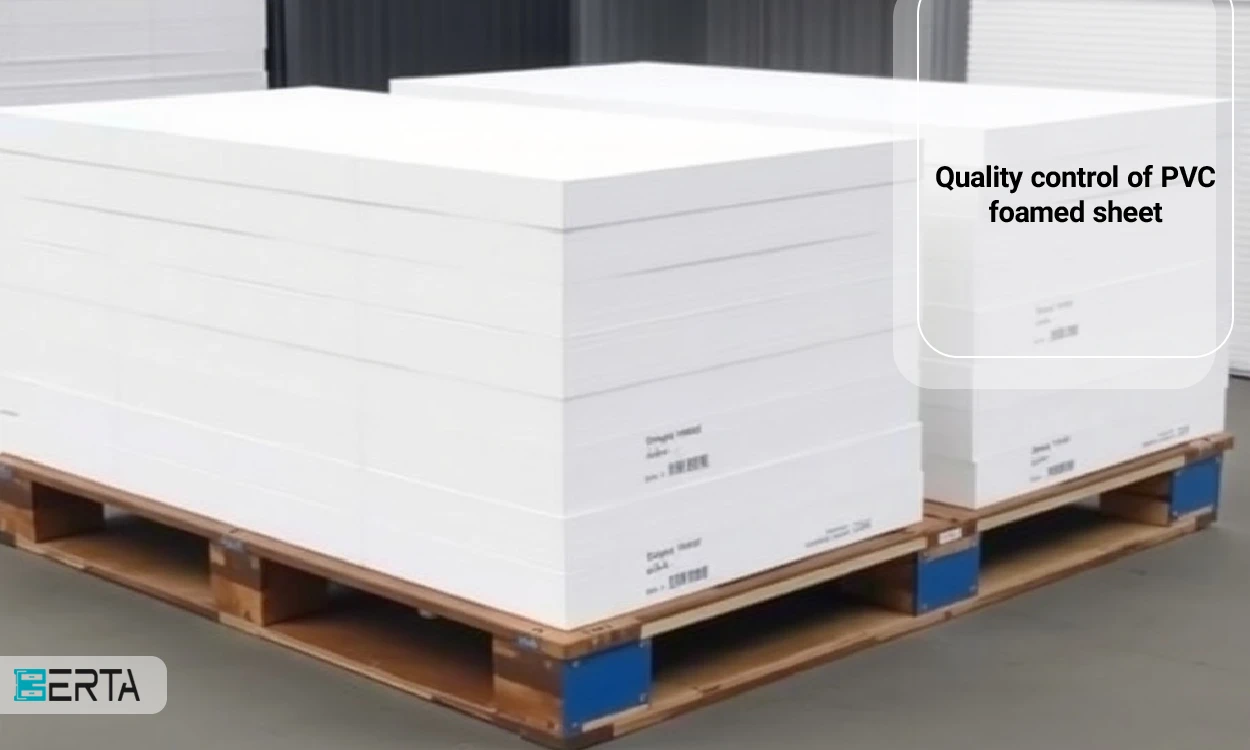Granite sinks are used in many homes because of their beauty and durability. But to maintain the beauty and health of these sinks, choosing the right detergent is very important. In this regard, Chemicals is known as a popular disinfectant and bleaching agent, but its improper use can cause serious damage to granite sinks. In this article, we will examine the composition of Chemicals, how it works, and its negative effects on granite sinks, and finally, we will introduce the correct methods of cleaning these sinks.
Chemicals ingredients
Known as a disinfectant and bleach, Chemicals is primarily composed of sodium hypochlorite (NaClO). This chemical compound dissolves in water and acts as a strong oxidizing agent. Sodium hypochlorite is widely used in various industries due to its disinfectant properties and ability to kill bacteria, viruses, and fungi. In addition to sodium hypochlorite, Chemicals may contain other additives such as stabilizers, fragrances, and colors that help improve its performance and appearance. These compounds may be present in different concentrations that affect the effectiveness of Chemicals. In general, Chemicals is known as an effective substance in disinfecting and cleaning different surfaces due to its chemical compounds.
How does Chemicals work?
As a strong disinfectant, Chemicals destroys bacteria, viruses, and other microorganisms. The way it works is that sodium hypochlorite acts as a strong oxidizer and destroys the proteins in the cell walls of bacteria and viruses by combining them. This process destroys the cellular structure of microorganisms and thus destroys them. In addition, Chemicals can remove stains and pollution caused by food, drink, and other sources due to its whitening properties. This feature allows Chemicals to be used as an effective cleaner in homes and various industries.
Of course, it should be noted that improper use of Chemicals can lead to damage to various surfaces, including granite sinks. For this reason, it is very important to know how to properly use and limit these materials to maintain the health and beauty of surfaces in homes.
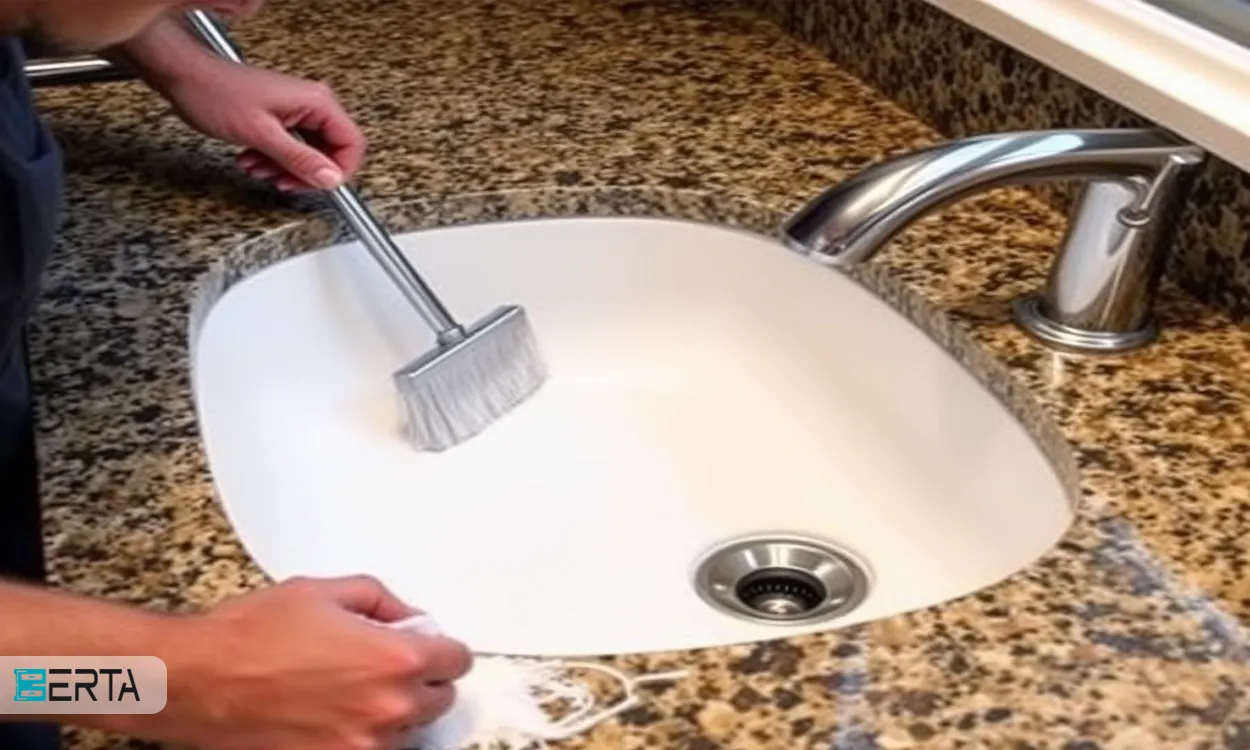
Chemicals effect on granite sink
Granite sinks have a resistant and non-porous surface due to the combination of granite stone and resin, but this does not mean that they are not vulnerable to strong chemicals. The sodium hypochlorite in Chemicals can destroy the surface layers of the sink and gradually cause scratches and other damage.
In addition, repeated use of Chemicals can weaken the structure of the sink, so that over time the sink may crack or break. These damages not only negatively affect the beauty of the sink, but can lead to more serious problems such as water leakage. Therefore, it is recommended to avoid Chemicals as a cleaner for granite sinks, or at least be careful when using it. Another negative effect of Chemicals on granite sinks is color change and dulling of their surface. Due to its oxidizing properties, sodium hypochlorite can affect the natural color of the granite sink and make it dull and lose its luster. This color change is especially evident in darker sinks and can greatly reduce the beauty and appeal of the sink.
The darkening of the sink surface is not only due to color change but also due to damage caused by chemicals. Over time, the sink may develop an old and damaged appearance that does not match its original beauty. To avoid these problems, it is recommended to use natural and non-corrosive cleaning materials such as vinegar or baking soda as a suitable substitute for Chemicals.
Correct ways to clean granite sink
| Cleaning method | Description |
| Vinegar and water | A mixture of vinegar and water acts as a natural disinfectant and kills bacteria and dirt. Just mix some vinegar with water and apply to the surface of the sink with a soft cloth. |
| baking soda | It acts as a mild abrasive and helps to remove stains and dirt. Sprinkle some baking soda on the surface of the sink and gently clean with a soft sponge, then rinse with warm water. |
| lemon juice | It acts as a disinfecting and deodorizing agent. The acidic properties of lemon juice can remove stains and pollution and remove unpleasant odors. |
conclusion
Using Chemicals as a cleaning agent for granite sinks can have unpleasant consequences, including damage to the surface of the sink, discoloration, and dullness. For this reason, it is recommended to use natural and non-corrosive materials to clean granite sinks. These materials not only help maintain the beauty of the sink but also prevent damage caused by strong chemicals. By following these tips, you can keep your granite sink in the best condition and enjoy its beauty over time.




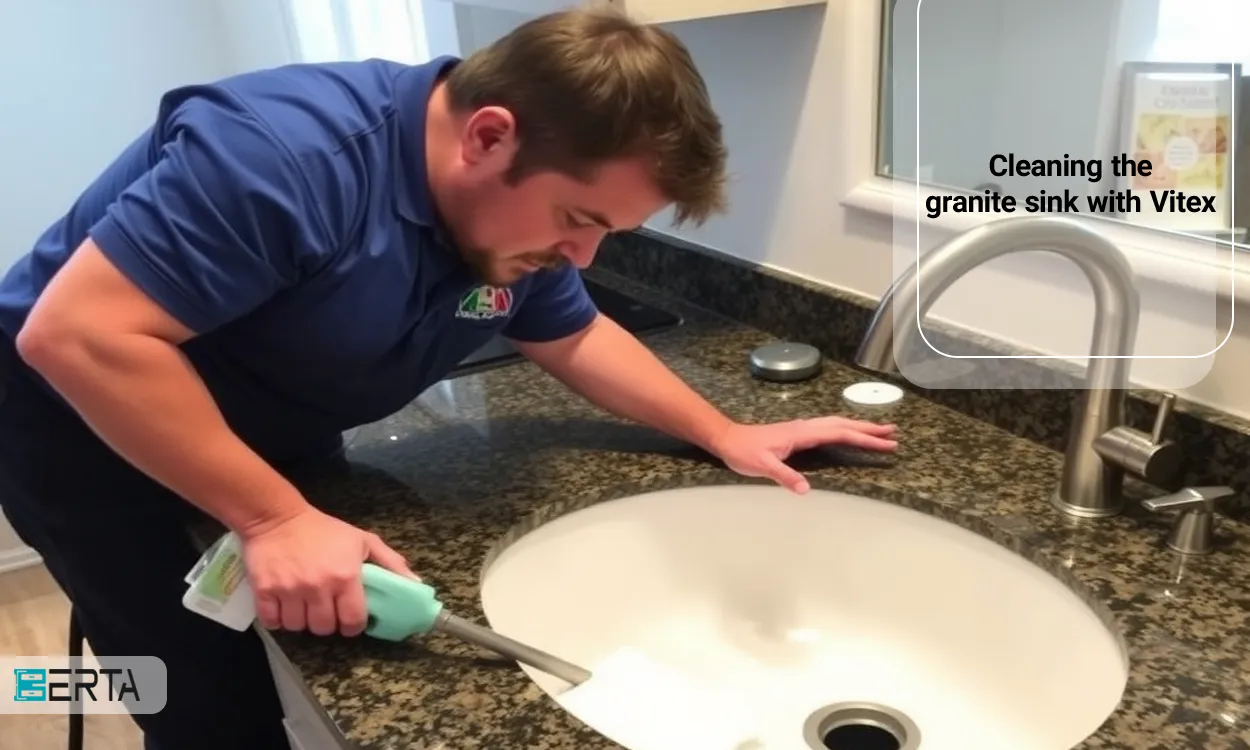
17938.jpg)
 Whatsapp
Whatsapp  Telegram
Telegram 
